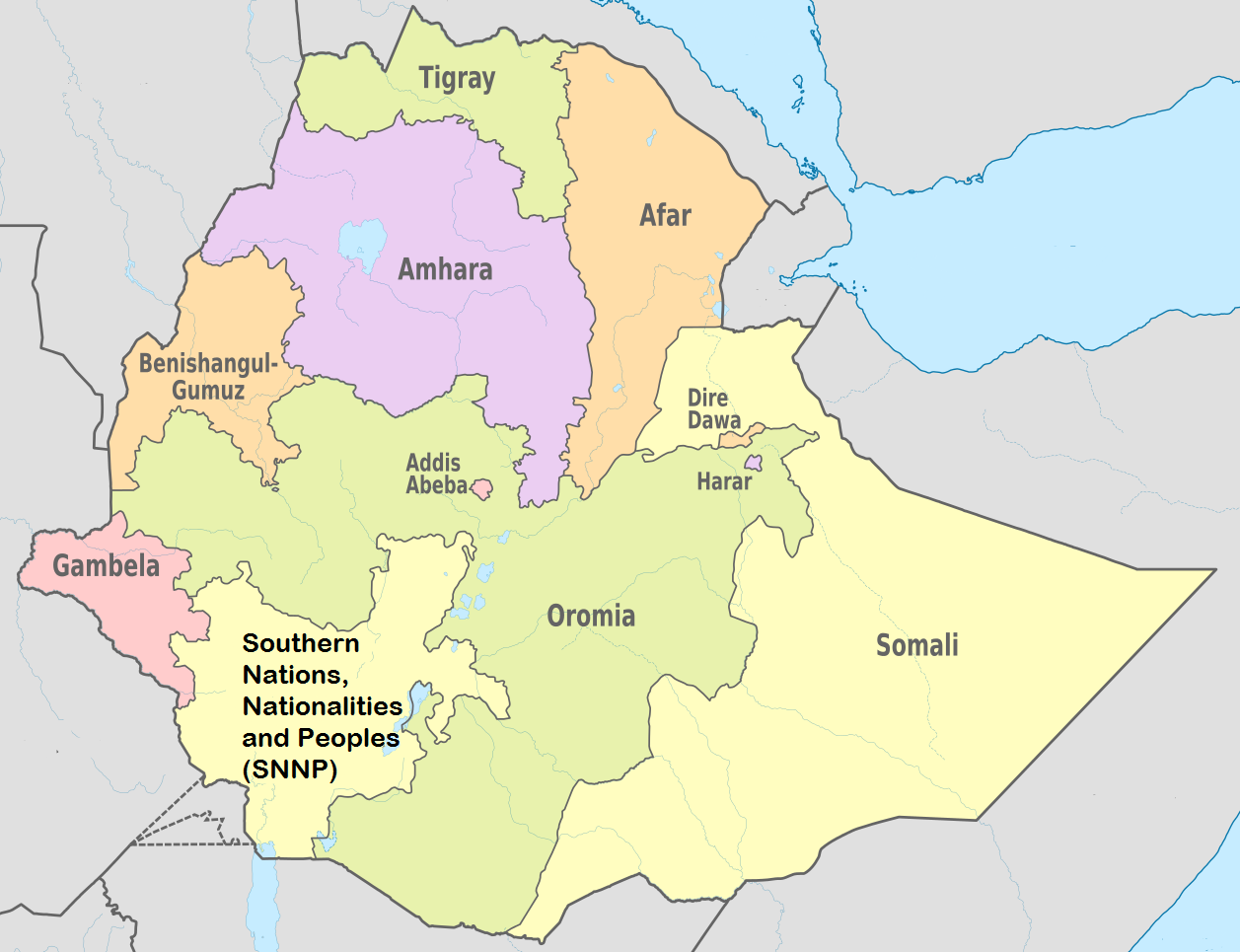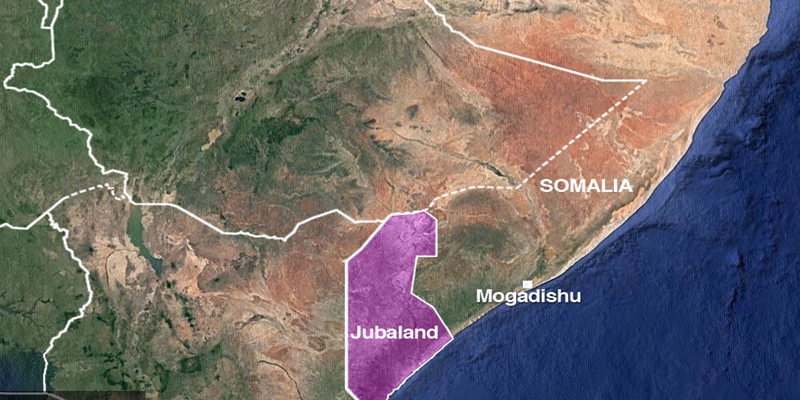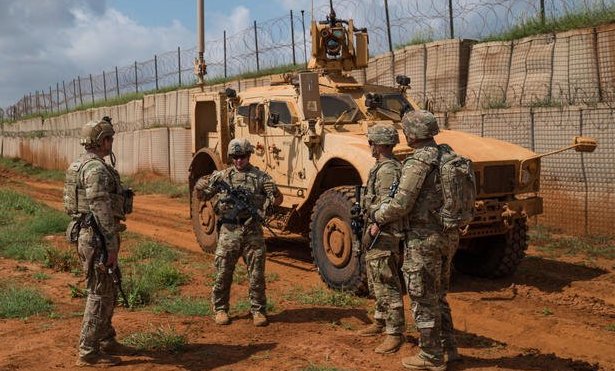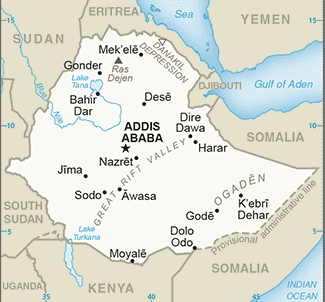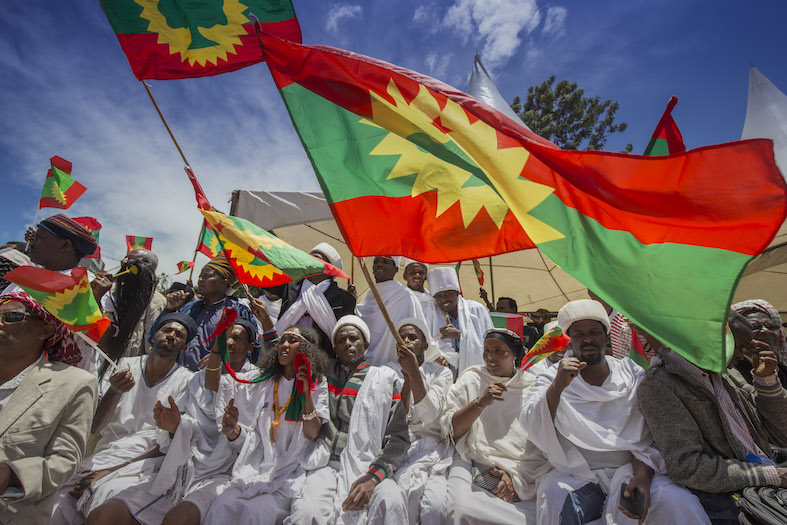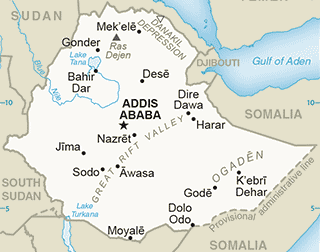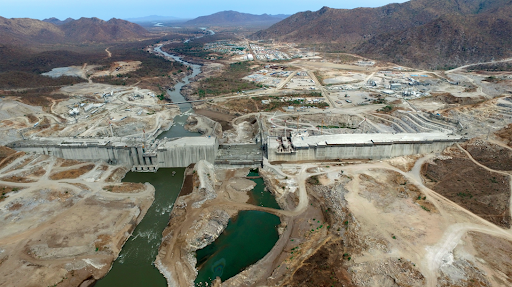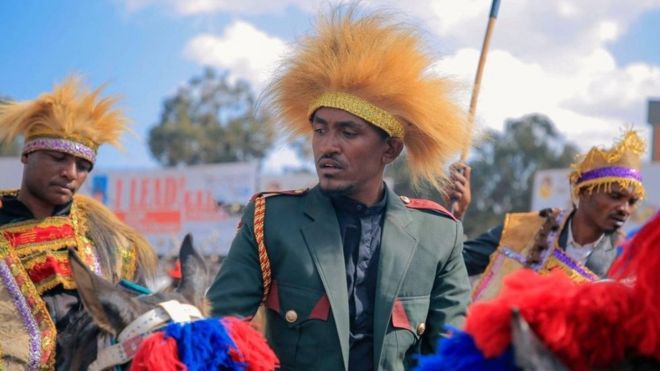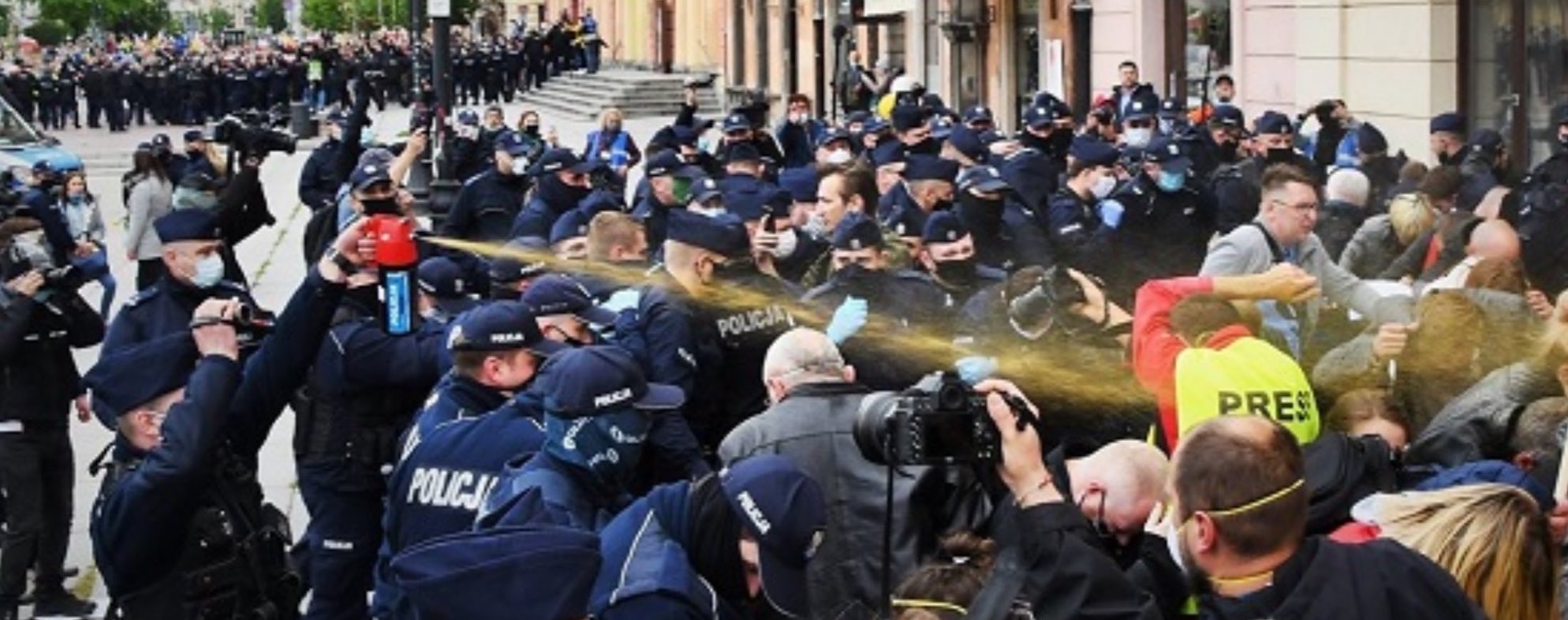
Sudan: ‘peace’ with Israel, war with Ethiopia?
In a victory for the Trump White House, Sudan officially signed on to the so-called “Abraham Accords,” agreeing to normalization of diplomatic ties with Israel. Justice Minister Nasredeen Abdulbari signed the document in the presence of US Treasury Secretary Steven Mnuchin. But leaders of Sudan’s pro-democracy coalition, the Forces of Freedom & Change, have formed an opposition front against the agreement, saying the Sudanese people are not obligated to accept it. Meanwhile, there are alarming signs that the war in Ethiopia is spilling into Sudanese territory. The Sudanese army reported repulsing Ethiopian forces from the contested Grand Fashaga enclave on the border between the two countries. The Grand Fashaga, in Sudan’s breadbasket Gedaref state, is adjacent to Ethiopia’s conflicted Tigray region, and has seen an influx of refugees from the fighting across the border. (Map: Perry-Castañeda Library Map Collection)



